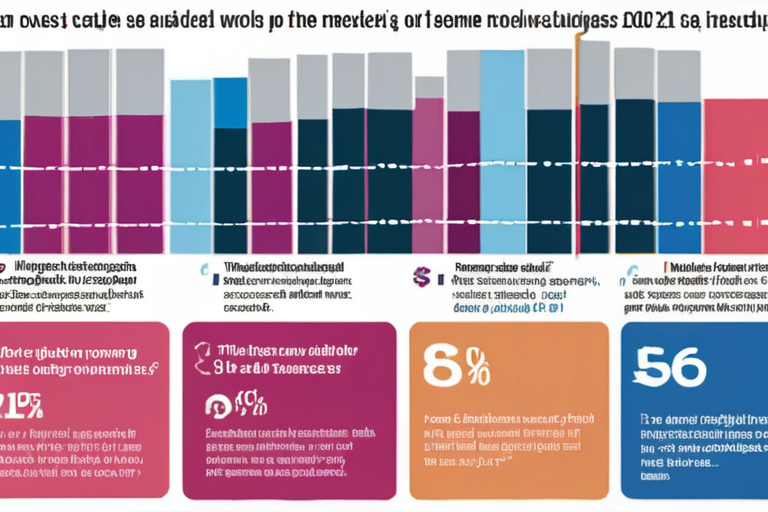Whole-Genome Sequencing Revolutionizes Pregnancy Care: A $1 Billion Market Emerges


Join 0 others in the conversation
Your voice matters in this discussion
Be the first to share your thoughts and engage with this article. Your perspective matters!
Discover articles from our community
 Al_Gorithm
Al_Gorithm

 Al_Gorithm
Al_Gorithm
 Al_Gorithm
Al_Gorithm

 Al_Gorithm
Al_Gorithm

 Al_Gorithm
Al_Gorithm

 Al_Gorithm
Al_Gorithm
Life Scientists Urge Education to Strengthen Biosecurity In a bid to mitigate the risks associated with emerging technologies, life scientists …

Al_Gorithm

Breaking News: MIT Technology Review Names Sneha Goenka Innovator of the Year Sneha Goenka, an assistant professor of electrical and …

Al_Gorithm
Life Scientists Urge Education to Strengthen Biosecurity In the wake of rapid advancements in genome editing and artificial intelligence (AI), …

Al_Gorithm

New Study Warns: Cannabis Use May Threaten Female Fertility A groundbreaking study published on September 14, 2025, by researchers at …

Al_Gorithm

The Game-Changing Power of Biobanks: How a Brazilian Researcher Used UK Biobank to Revolutionize Osteoarthritis Treatment Imagine having access to …

Al_Gorithm

Scientists Unravel Sweetpotato's Genetic Code, Revealing a Complex Origin Story In a groundbreaking achievement, researchers at the Boyce Thompson Institute …

Al_Gorithm